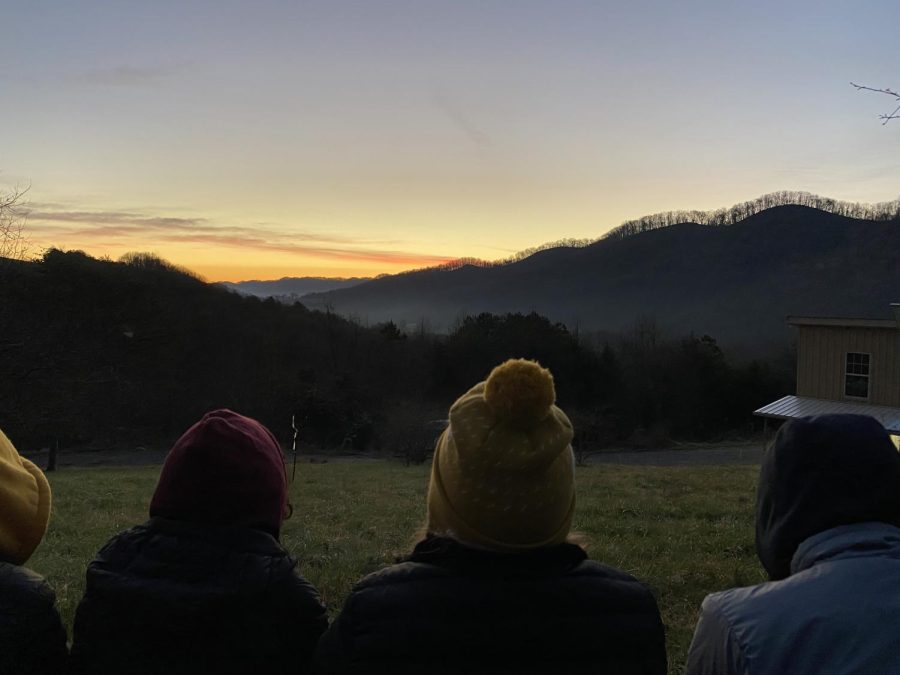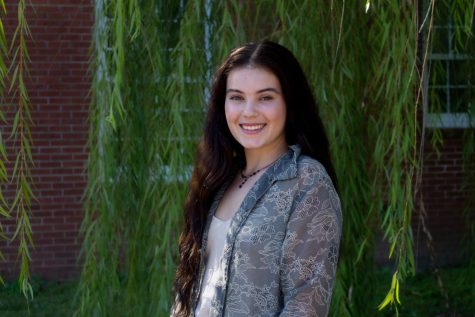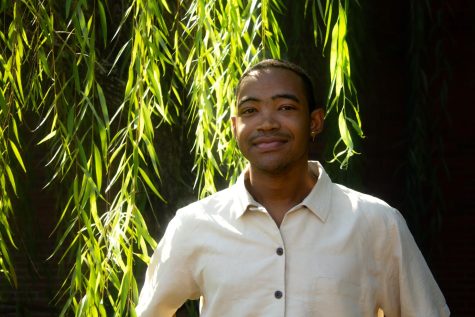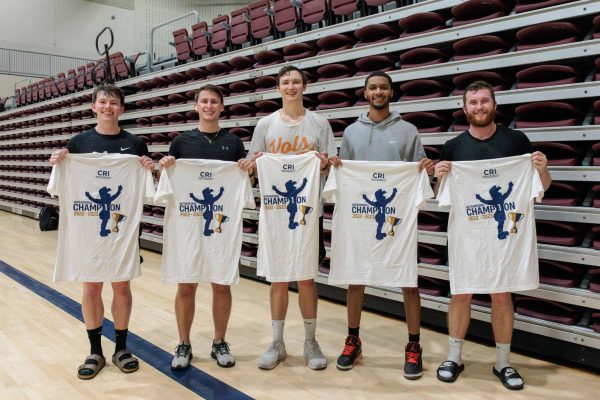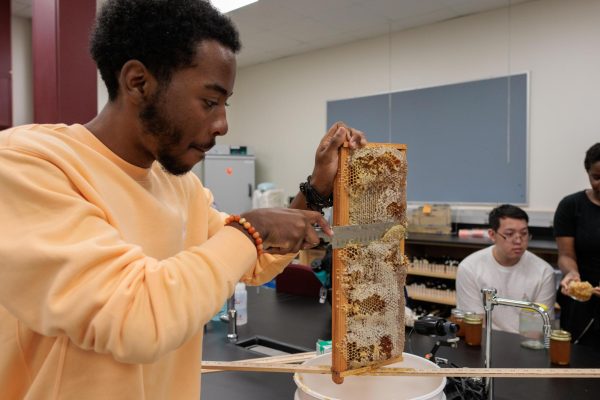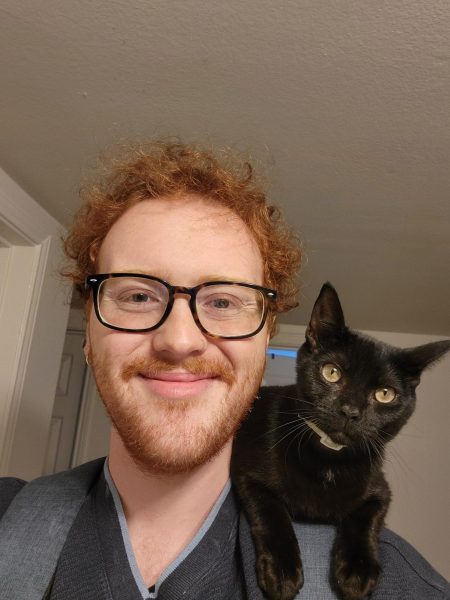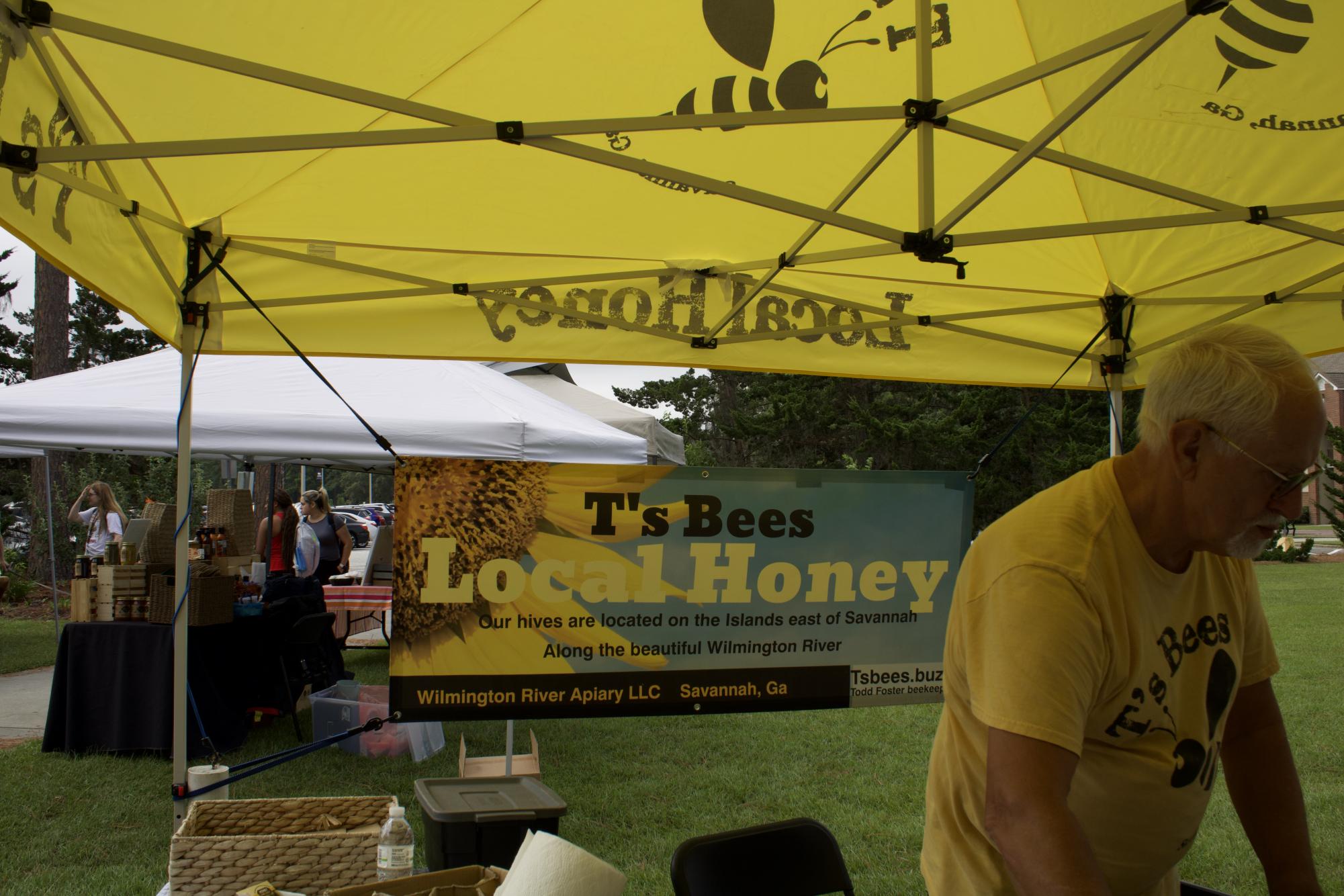(Spotlight) Alternative Breaks: Volunteering and Service
Students enjoying a sunrise
Students have the opportunity to join forces with the Alternative Breaks program to go on service-focused trips, where they can learn about community engagement and lead initiatives against a range of social issues.
Alternative Breaks is a service program managed by the Office of Leadership and Community Engagement, in which students can serve and/or lead social issue-focused “breaks” throughout the school year. For students trying to fulfill their volunteer obligations or those who want to become more involved with community growth, the Alternative Breaks program offers many opportunities to accomplish these goals with both short and long-distance trips, as well as leadership positions in which students can help organize the breaks.
The mission of Alternative Breaks includes service learning, leadership, community engagement, and sustainability, with an emphasis on, “ [Empowering] students to become active, global citizens who lead positive change,” according to the Leadership and Community Engagement web page.
Bri Lowery, the Reorientation Chair on the AB board, is responsible for helping students reflect on the service work they have done during the breaks and how it is impacting the community and themselves.
Lowery has attended only one break so far due to time constraints but has found enjoyment in the organizational and leadership side of the program. While other students may regard the trips themselves as their favorite part, Lowery says that getting other students to realize what they did and why it’s important is the most gratifying part.
“You learn about why you are doing it, how it’s helping the community and you reflect on your practices before and after you volunteer,” said Darley Desormo, the Armstrong Chair of the Alternative Breaks Board.
Georgia Southern offers this program on both the Armstrong campus and the Statesboro campus with similar opportunities, however, it has been recognized that there are many important differences between the campuses. “With this comes different interests, ways to market and different times when we have peaks of involvement,” said Desormo.
Past Alternative Break opportunities in the Savannah area have included working with organizations such as The Girl Scouts of America and the Savannah Tree Foundation. A common issue that the program focuses on is environmental sustainability, so many of the trips have been based around waste pick-up and diversion.
Desormo described some of the numerous breaks that she has attended in different areas such as Savannah, Statesboro and even an intentional living community in Tennessee. On these trips, Desormo participated in activities like repurposing and composting old wood, picking up waste along riverbeds and a fully immersive sustainable living experience that included learning about renewable energy, farming and mindfulness practices.
Both Lowery and Desormo are encouraging students to try out the Alternative Breaks program because of both the importance of the work being done, as well as the social opportunities it provides, and the sense of unity it creates among peers.
“It helps you realize what all you can do out there to help people and it’s a good opportunity to make new friends,” said Lowery


